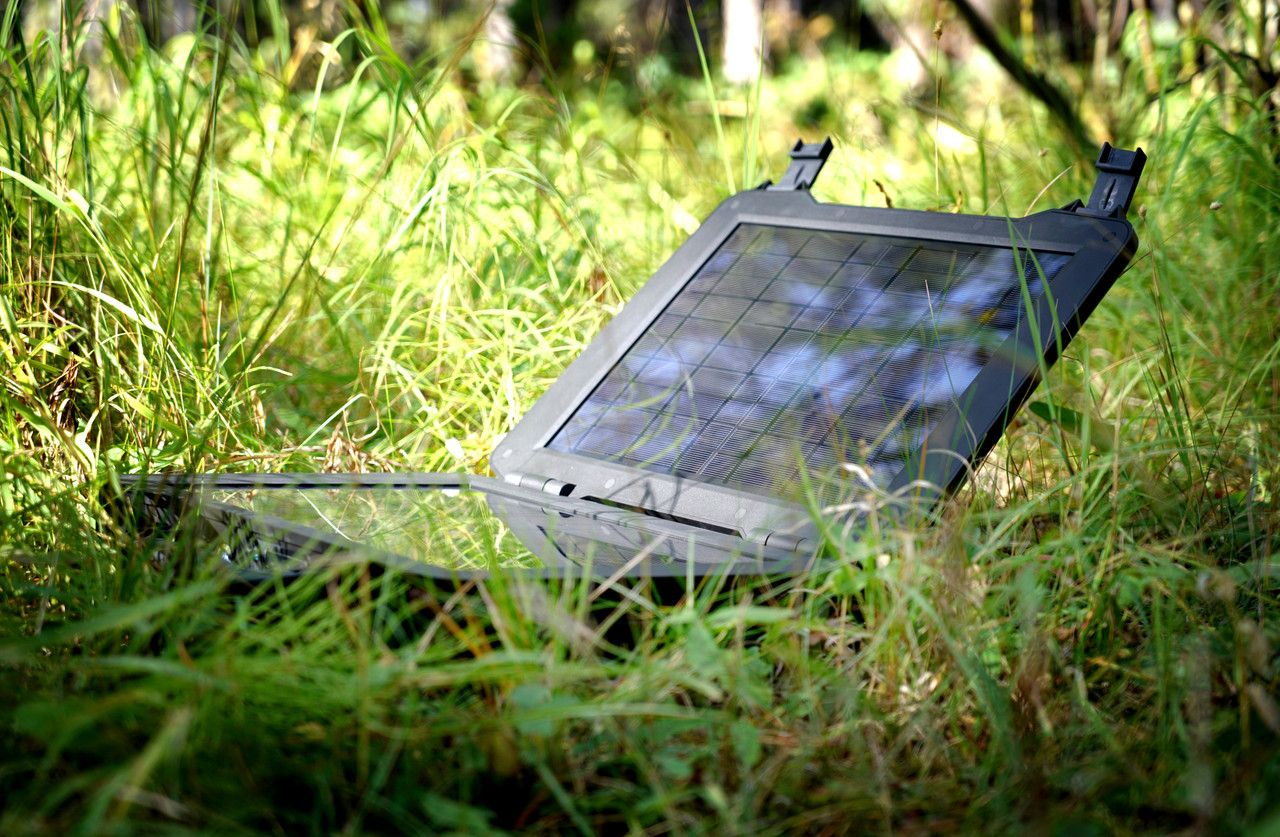Should I buy a gas-powered generator for my solar installation? ——When to purchase back-up power for your system
If you’ve already installed solar panels on your home, cottage, or caravan, you may think the days of gas-powered generators are behind you. However, purchasing a generator can help you get more mileage out of your solar installation and ensures you’ll have energy access during a blackout or if your panels aren’t producing enough energy to meet your needs. What’s best for you and what should you keep in mind when purchasing a generator?
Will solar panels keep the lights on during a blackout?
It’s important to remember that just because you have solar panels doesn’t mean you’ll be able to access power during a blackout. As a general rule of thumb, if you’re not connected to the grid and rely solely on battery storage, you’ll be able to keep powering your home’s devices and appliances with your solar installation.
Grid-tied and hybrid systems: Will not work during a blackout.
If you’re connected to the grid, then you most likely will not be able to access power during a blackout. This is due to that fact that because you’re tied to the grid, it would be dangerous for your system to be running and producing energy into the grid while utility workers are working on the lines to get the grid up and running again.
Off-grid systems: Will work during a blackout.
In order to maintain power during a blackout, you’ll need to have an off-grid system with battery storage or have access to a back-up gas-powered or solar generator.
Do I need back-up power for my installation?
To answer this, you’ll need to consider what type of solar installation you have.
1.On-grid systems (grid-tie solar systems)
On-grid systems are the most widely-used systems due to their affordability. You do not need to have a battery bank and you can simply use the energy collected from your panels to run your appliances. When the sun sets and your panels stop collecting energy, your system will automatically switch to collecting power from the grid.
A back-up generator is recommended in case of blackouts and to cover excess energy needs that aren’t able to be met with solar panels alone. As mentioned before, you won’t be able to use your solar panels during a blackout for safety reasons. A gas-powered or solar generator will enable you to keep the lights on until the grid gets back up.
2.Off-grid solar systems (stand-alone power systems)
If you live in a remote area without reliable and affordable access to the grid, off-grid solar can be a great way to meet your energy needs. Off-grid systems utilize battery banks to store the energy that your solar panels collect. Systems must be sized and designed to fit a variety of needs throughout the year, especially in the winter when there are fewer sunlight hours.
You most likely do not need a back-up generator if you have a sizable battery bank. However, if you’re concerned about having enough sunlight to keep your batteries filled, a back-up generator may give you increased peace of mind.
3.On-grid systems with battery storage
With the decreasing costs of batteries, more and more people are choosing to add battery storage to their on-grid projects to be able to take advantage of the benefits of both on- and off-grid systems, such as having energy access during blackouts and having to pay for less energy from the grid. A back-up generator is recommended in case of blackouts, but your battery bank should cover your excess energy needs in most other situations.
What are the pros and cons of gas-powered generators?
Pros of Gas-Powered Generators
- Generators are reliable in all kinds of weather.
- Generators are usually cheaper than a full solar installation.
- Generators can handle high energy loads.
Cons of Gas-Powered Generators
- Generators are heavy and noisy.
- You have to make sure you have gas on hand to run them.
- Gas-powered generators are a less sustainable choice than solar.
What are solar-powered generators?
Solar-powered generators essentially have the inverter, charger controller, and battery bank built into one portable system. You simply connect an external solar panel to the generator and you’ll be able to start collecting and using energy.
Solar generators can recharge your house batteries in a caravan, allowing you to run AC appliances while on the road without needing to hook up to an external power source. Solar panels can also work all day long, whether you’re home or not, meaning you could be out for a hike and charging up your batteries in time for a cozy night in.
Pros of Solar Powered Generators
- Power stations are portable and lightweight.
- They are a sustainable option.
- Solar energy is reliable and quiet.
- You don’t need to pay for gas.
- Solar is virtually maintenance-free.
Cons of Solar Powered Generators
- You need to have enough sunlight for your panels to connect enough energy.
- You need to purchase solar panels to collect energy.
Conclusion
Though at first it may seem unnecessary to buy a generator when you have a solar installation, as you can see there are a wealth of benefits that come with having a gas-powered or solar generator. Not only will you get to have access to energy in cases of natural disasters or blackouts, you’ll also have the peace of mind knowing that no matter the conditions, you’ll be able to keep the lights on in your home.







